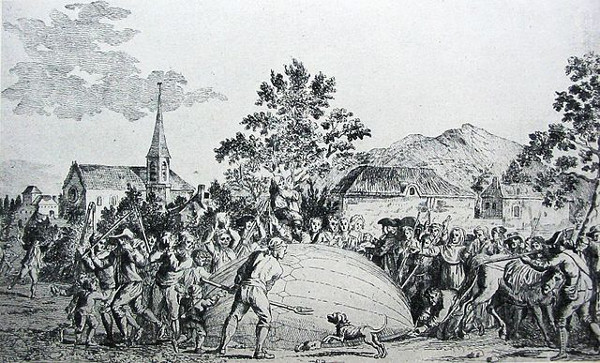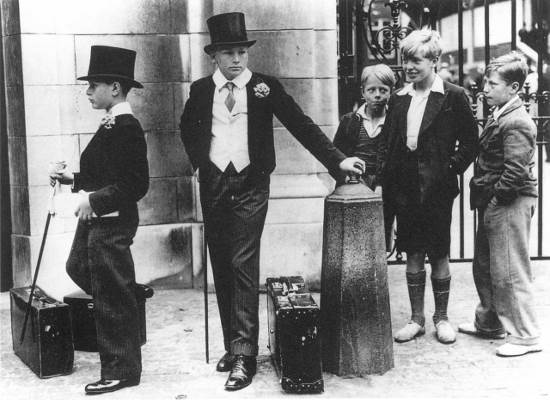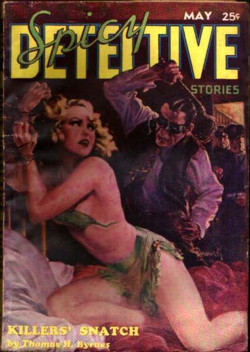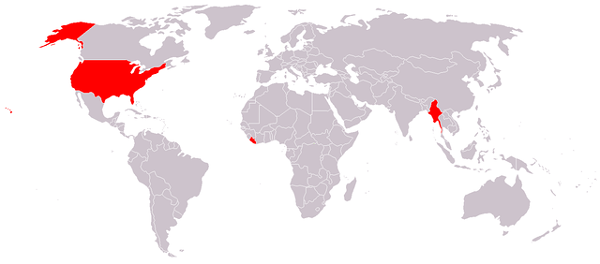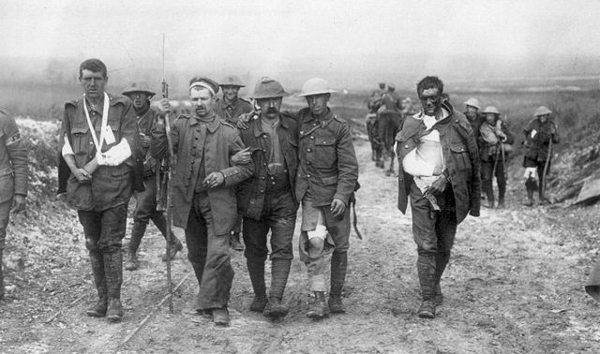
“I adore war. It is like a big picnic without the objectlessness of a picnic. I’ve never been so well or so happy. No one grumbles at one for being dirty.” So wrote professional soldier and poet Julian Grenfell in October 1914, shortly after arriving at the western front.
The unparalleled horrors of the First World War seemed to call forth untapped reserves of mannerly British sang-froid, a “stoical reticence” that artillery officer P.H. Pilditch traced to training in the public schools: “Everything is toned down. … Nothing is ‘horrible.’ That word is never used in public. Things are ‘darned unpleasant,’ ‘Rather nasty,’ or, if very bad, simply ‘damnable.'”
General James Jack reported, “On my usual afternoon walk today a shrapnel shell scattered a shower of bullets around me in an unpleasant manner.” When Private R.W. Mitchell moved to trenches in Hebuterne in June 1916, he complained of “strafing and a certain dampness.”
This unreality reached its peak in the Field Service Post Card, which soldiers were required to complete to reassure next of kin after a particularly dangerous engagement:
I am quite well.
I have been admitted into hospital (sick) (wounded) (and am going on well) (and hope to be discharged soon).
I am being sent down to base.
I have received your (letter dated ____) (telegram dated ____) (parcel dated ____)
Letter follows at first opportunity.
I have received no letter from you (lately) (for a long time).
(Signature only)
(Date)
A soldier would cross out any text that did not apply, perhaps leaving only the line “I am quite well.” “The implicit optimism of the post card is worth noting,” writes Paul Fussell in The Great War and Modern Memory (1975), “the way it offers no provision for transmitting news like ‘I have lost my left leg’ or ‘I have been admitted into hospital wounded and do not expect to recover.’ Because it provided no way of saying ‘I am going up the line again’ its users have to improvise. Wilfred Owen had an understanding with his mother that when he used a double line to cross out ‘I am being sent down to the base,’ he meant he was at the front again.”
(Thanks, Garrett.)

